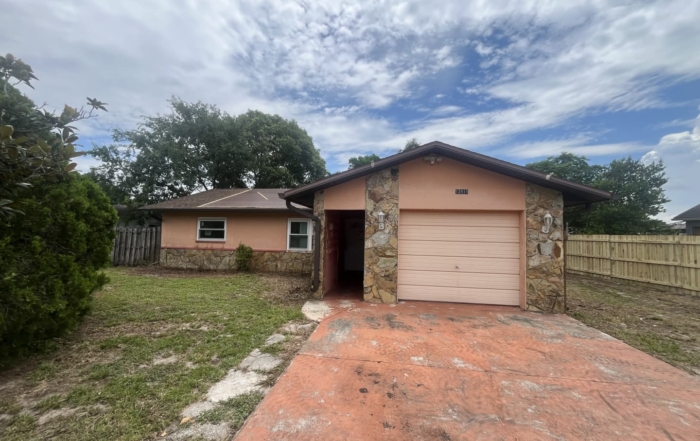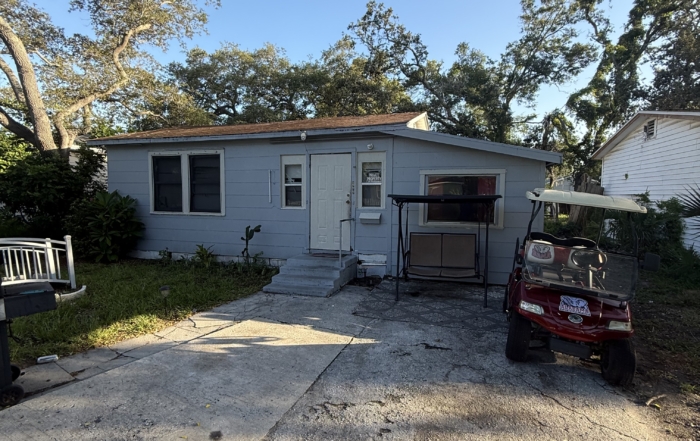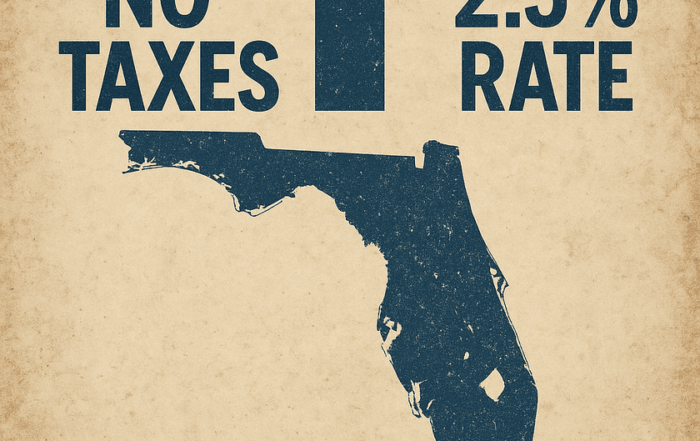Is a Survey Needed for All Financed Transactions?
When purchasing or financing real estate, one of the questions that frequently arises is whether a property survey is necessary. While the requirement for a survey can vary based on the type of loan, lender policies, and property characteristics, understanding when and why a survey might be needed is crucial for buyers, sellers, and financiers alike.
The Role of Property Surveys
A property survey is a professional assessment that defines the boundaries and dimensions of a property, identifying any encroachments, easements, or other issues that could affect ownership. Surveys are conducted by licensed professionals and can reveal critical information about the property that isn’t always apparent from property deeds or previous documents.
Survey Requirements by Loan Type
The need for a survey largely depends on the type of financing involved:
- Conventional Loans: Generally, there is about a 70% likelihood that a survey will be required. Conventional lenders often need a survey to ensure there are no physical encroachments or boundary disputes that could impact the property’s value.
- FHA Loans: With a slightly lower probability of 65%, FHA loans often require a survey to comply with federal lending guidelines, ensuring the property meets specific standards.
- VA Loans: VA loans may require a survey in about 60% of cases, especially to meet the Veterans Administration’s requirements in rural areas.
- USDA Loans: As these loans support rural property purchases, a survey is crucial and required approximately 75% of the time to ensure there are no boundary disputes.
- DSCR Loans: These are less likely to require a survey, with only a 50% probability, as they focus more on the income potential of the property rather than its physical specifics.
- Private Loans: With the most variability, private lenders require surveys in about 40% of cases, depending on the lender’s assessment of risk and familiarity with the property.
- Hard Money and Bridge Loans: These types of loans have a moderate likelihood of requiring a survey, dependent largely on the nature of the property and the urgency of the transaction.
Factors Influencing Survey Requirements
Several factors influence whether a survey is necessary for a financed transaction:
- Property Type and Location: Urban properties in well-documented areas are less likely to require new surveys, especially if there are recent and reliable surveys available. However, rural or less developed lands are at a higher risk of needing a survey.
- Regulatory and Legal Considerations: Some states or regions have specific requirements or customary practices that mandate a survey.
- Lender Policies and Risk Management: Individual lender policies also play a significant role. Lenders may require a survey to mitigate potential risks associated with boundary disputes or encroachments that could affect the property’s marketability or legal standing.
Cost of Property Surveys
The cost of property surveys can vary widely depending on several factors, including the type of survey, the size and complexity of the property, and the specific requirements of the lending institution. Here’s a general breakdown:
- Residential Single-Family Homes: Typically, a boundary survey for a standard residential property can range from $350 to $700.
- Multi-Unit Residential Properties: For properties like an 8-unit residential complex, costs can escalate due to the increased land area and complexity, often ranging from $800 to $1,500.
- Commercial Properties: For commercial real estate, an ALTA/NSPS survey, which provides comprehensive details, can cost anywhere from $2,000 to $5,000 or more, depending on the property size and specifics.
Factors Influencing Survey Costs
- Property Size and Location: Larger properties or those located in areas with difficult access or undefined boundaries typically require more extensive survey work, increasing costs.
- Type of Survey: More detailed surveys, like ALTA/NSPS or topographic surveys, are more expensive than simple boundary surveys due to the additional information they provide.
- Previous Surveys: If recent, reliable surveys are available, the surveyor may need to do less work, potentially reducing costs. However, if extensive research is required to reconcile old or incomplete data, costs may increase.
Additional Considerations
- Survey Validity and Legal Implications: A current and accurate survey is crucial in identifying any legal issues such as encroachments or easements, which can affect the usability and value of the property.
- Future Development Plans: For buyers planning to develop or extensively renovate a property, having an up-to-date survey is essential to ensure compliance with local zoning and building regulations.
- Insurance Requirements: Some title insurance companies require a survey to remove certain exceptions and provide clearer coverage, protecting against potential future disputes.
Conclusion
While not all financed transactions require a property survey, a significant number do, based on the type of loan, the nature of the property, and lender requirements. Surveys can prevent future disputes and provide peace of mind by ensuring that all physical aspects of the property are accurately documented and legally recognized. Buyers and financiers should consult with their lenders and consider local real estate practices to determine if a survey is necessary for their specific situation.








